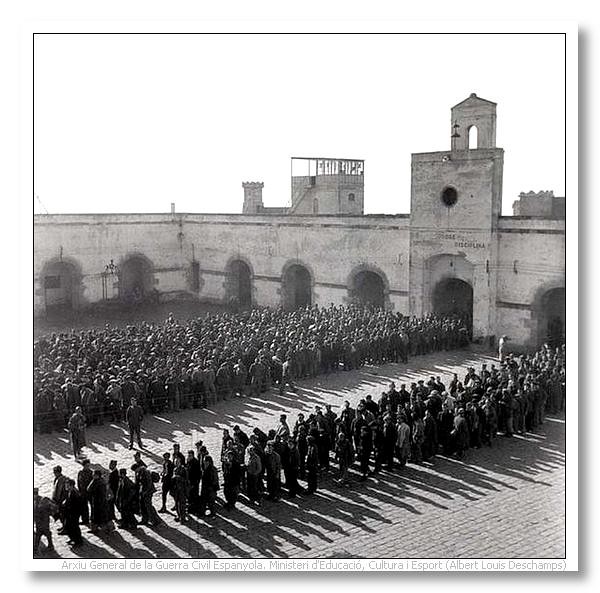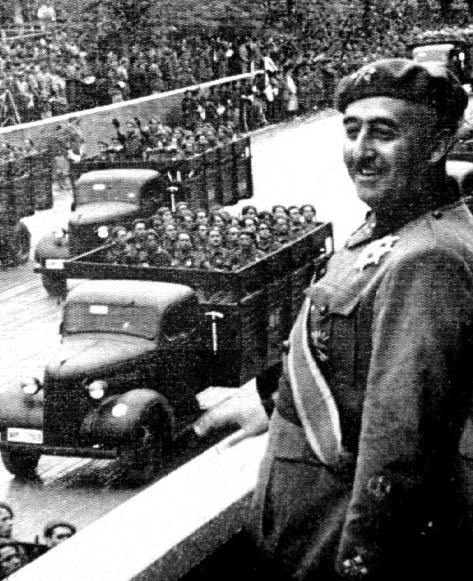Chapter VIII - Spanish Interlude, Part I


Located on the shores of the Laguna de Bay, near the town of Muntinlupa, was the Rico Estate. Descended from one of the first settlers of the Islands, their ancestor was given an encomienda, a grant from the Spanish crown to a meritorious Spaniard to exercise control over a specific area. This brought with it control of a decent amount of arable land. Eventually the lands surrounding the villa were purchased outright, being modiified into a hacienda, or estate. Being content to live in luxury, they withdrew from the chaotic policking of Spain. In the decades since, the family had fallen on harder and harder times. While still comfortably living in a reasonably luxurious manor, their fortune had dwindled to the point where the house and a meagre remnant of their lands were all they had left.
Fencing was brought to the Philippines from its time as a Spanish colony. In the early 1800s, the villa was modified to include a salle. The hall was spacious, with room for three duelling floors and was decorated with massive display cases filled with antique weapons from various cultures all over the world.
The bout was in full swing. Two figures dressed in full fencing regalia and masks were fighting with intense speed and skill.
A lunge, parry and a feint - then he was tagged. Damn, he thought, I'm getting snookered by an old man!
Next point. The men engaged and Johnny swiftly avoided a froissement, an attack that displaced an opponent's blade with a strong grazing action. He had managed to parry his opponent's sword with a swift maneuver called in quartata, a counterattack made with a quarter turn to the inside, concealing the front but exposing the back. This allowed him to pull away and perform a balestra and then a lunge, allowing him to tag his opponent.
Both fencers assume en garde and the bout began again. Johnny immediately engaged his father's blade with an envelopment, a maneuver that swept the opponent's blade through a full circle. The Captain, however, counterparried, a move made in the opposite line to the attack. Doing so knocked Johnny's sword away and the Captain quickly lunged and scored a hit.
"Two to one. This old man's still got it." Capitan Miguel Antonio Rico, formerly of Alfonso XIII's Ejercito de Tierra said smugly.
"I let you win, of course. A parting gift, you may call it." Juan Rico replied, grinning. However, at this his father turned ashen.
"You weren't serious. Johnnie, it's dangerous over there! Haven't you been reading the papers? Listened to the wire service? Complete anarchy! Why do you even want to join La Legión?" his father said. The Captain sighed. "My son, the infantry grunt. God, I never would have dreamed... Why couldn't you just have been content with a life of luxury and chasing skirts?"
At this Johnnie grinned. He knew his father would come around eventually. After all, he was a military man himself. "Look Father, you've been training me your whole life. I can shoot, I can fight with a gun, a knife, my bare hands. I know how to take care of myself", he said. His father gathered himself back together, somewhat stuffier when put on the spot.
"Well, I suppose it's a fine thing. My son shall become a man. Pity it shall take a war for it." He gave his son a hug.
"Thank you Father. I'll make you proud." his son promised solemnly.
______________________________________________________________________________

In early 1936, Manuel Azaña's ascendancy from Presidente del Gobierno (President of the Governmen or Prime Minister) to Presidente de Espana (President of Spain, the head of state) triggered a wave of demands for social equality, evolving into a virtual revolution against the clergy, landowners and monarchists. Mobs attacked churches and tried to collectivize farms.
On July 18th, 1936, a faction of Spanish army officers and right-wing politicians launched a coup in Spain, with the intent of bringing down the government and replacing it with one more sensitive to the aristocracy. The democratic element, however, was not as weak as they had assumed, and instead of simply collapsing in on itself, managed to muster strong resistance.
Bilbao, Burgos, Seville, and most importantly the capital Madrid, falling to the rebels on the first day. In addition, territories in Spanish Morocco as well as the Canaries and the Balearics quickly declared their allegiance to the Nationalist government. Not all was lost, with Barcelona and Malaga resisting against the coup supporters and remaining Republican. With the failure of the Nationalist coup, a rump Republican state remained, with the bulk in the lands south of Madrid, leaving a divided Spain.
With much of the Ejercito joining the Monarchists, the Republicans were left with an assortment of irregular forces, leftist militias and paramilitaries. More importantly, the success of the Nationalist coup in seizing Madrid had cut off the Republican government off from the country's gold reserves. Aside from this, major industrial concerns such as the Sociedad Espanola de Construccion Naval in Ferrol, and the Rio Tinto copper mines in Huelva also sided with the Nationalists, leaving most of the modern heavy industry in Spain cut off from the south, or under monarchist control.
Last edited:




